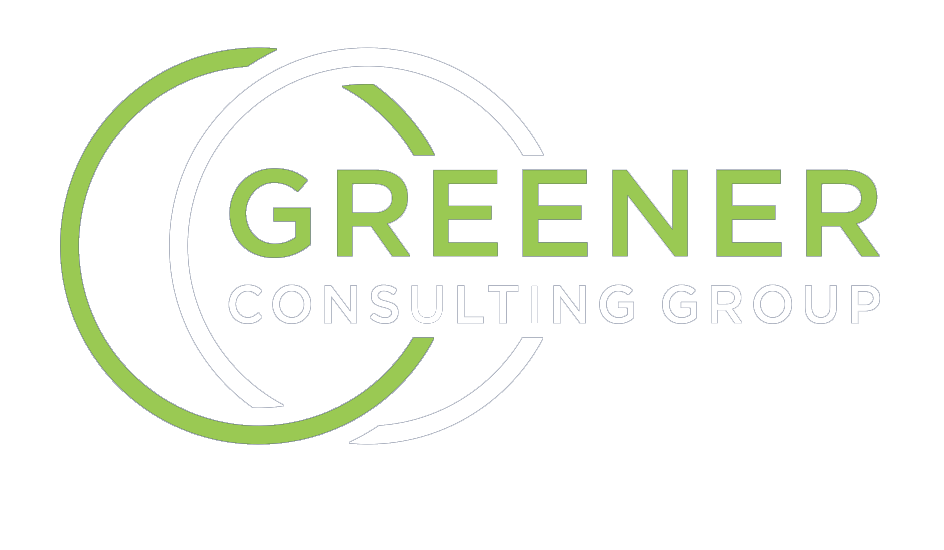Legal action stalling Georgia medical cannabis
Six licenses to cultivate medical cannabis have been awarded in Georgia. However the state’s medical cannabis program remains stalled after multiple applicants are suing the state because they didn’t get one.
While at first glance it may seem like a petty attempt to prevent the industry from starting without them, plaintiffs are alleging backroom dealings and favoritism had an impact on who got licenses.
Cumberland Curative says it was cheated out of its chance to win a license. They allege the scoring of applicants was clouded by “substantial conflicts of interest and was unlawful”.
“If there is no wrongdoing or corruption then why not turn these applications, evaluation sheets, etc. over to the public?” said Cumberland Curative founder Charlie Arnold.
Arnold believes his company was cheated out of their chance to legally grow medical cannabis in Georgia. The lawsuit was filed against the Georgia Access to Medical Cannabis Commission. It claims the scoring of bids was clouded by substantial conflict of interest and that licenses were bought and sold through backroom politics and closed door deals.
According to Arnold, four of the six awarded licenses were already spoken for before the application process even began. Republican representative Alan Powell from Hartwell has also voiced concern about the closed door decision making that went on during the process.
The board which made the decision is run by a group of politically elected officials. More are beginning to fear that the politics of the board members is driving their decision making regarding applicants.
Applicants were chosen through a secretive bidding process where each applicant was individually scored based on unknown criteria. The applicants were then heavily redacted when released to the public.
Another representative introduced a bill to throw out the current bids and start the process over with more transparency. The bill was tossed out.
“For the public not to know who these teams are and how they are going to be producing this medicine is simply preposterous,” Charlie Arnold said of the situation. “The parents are the ones who have more interest in knowing who these people are than anyone else. If someone is making medicine for my child, I want to know who that person is and how they are making the medicine for my child.”

